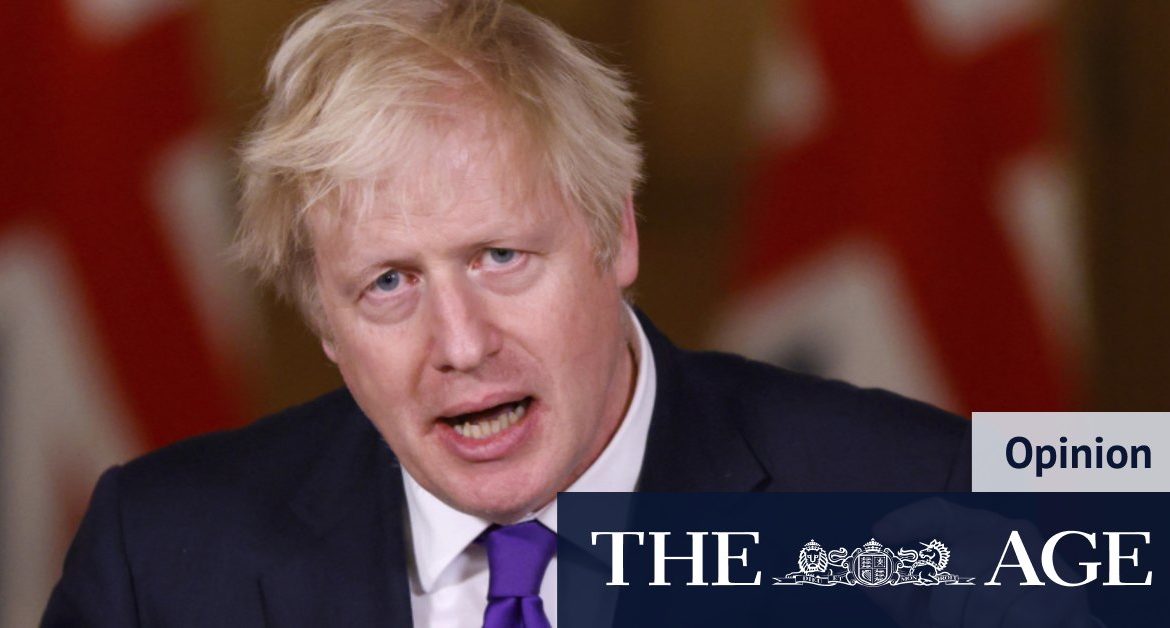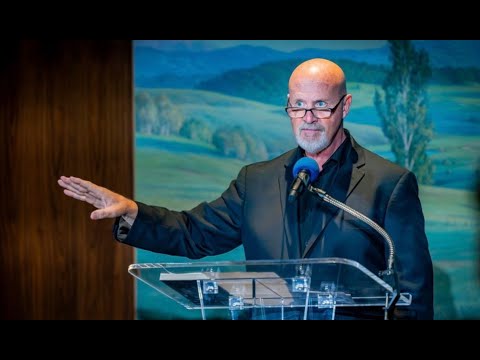Will the Prime Minister be able to change his tune?
The argument for optimism is simple: There is nothing more feckless, counterproductive or self-punishing than two neighbours, long-time allies and economic dependents throwing up major barriers to each other’s businesses. Surely they won’t.
The optimist sees the threat of a breakdown in talks as part of the painful but necessary theatre that makes a compromise politically viable for both sides. Sunday’s decision to extend talks yet again might support that view. The pessimist, however, would say that both sides feel they can swallow a no-deal Brexit more easily than any compromise.
Loading
The optimist suspects that German Chancellor Angela Merkel, a consummate dealmaker, will swoop in at the last moment and smooth the way to an agreement, just as she did this past week with Hungary and Poland – two EU members who’ve done more to undermine the raison d’etre of the bloc than Britain has. But the pessimist thinks France’s President Emmanuel Macron – a politician facing an angry fishing lobby and tricky regional elections next year – will refuse to play along and issue the decisive “non”.
This brings us to the choice facing Johnson. Having refined his political and personal brand around the idea of exceptionalism, he probably doesn’t want to dilute it with a compromise now. But every time his government has assumed this posturing, it has done further harm.
The conceit of British exceptionalism (by which Johnson really means English exceptionalism) has underpinned every British Brexit mistake, just as it has the policy errors made during the pandemic. Yes, Britain is a great place, but not so much that the laws of trade don’t apply to it. And not so great that it can hold a pandemic back without building testing capacity and enforcing lockdowns.
Loading
The siren call of exceptionalism now says that no deal is no problem because negotiations will resume in the New Year after both sides have claimed a victory. And yet, any new negotiations will require the same hard choices Johnson faces now. Indeed, both deals that Johnson has struck since becoming prime minister – the one with Ireland’s Leo Varadkar, securing the Withdrawal Agreement, and the one brokered by Michael Gove this week that ensured the government would keep its commitment on the Irish border – saw the EU hold to its important red lines.
The government’s position is that leaving without a trade deal will have only short-term costs, that these will be minuscule in the context of the pandemic and that people will shrug them off because they’ll ultimately still be getting the freedom they want. These are big gambles.
If Johnson doesn’t clinch a trade deal, he will no doubt claim that he took a tough stance for freedom and sovereignty. And he’ll have a willing audience for that message. After all, it’s better to feel exceptional than ordinary. Compromise is a much harder narrative to sell.
Therese Raphael is the former editorial page editor of The Wall Street Journal Europe.
Bloomberg
Most Viewed in World
Loading







